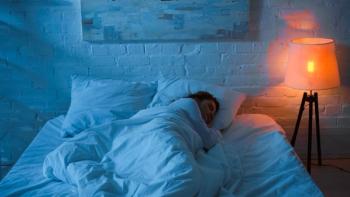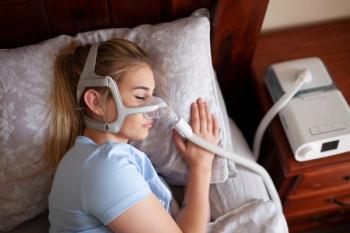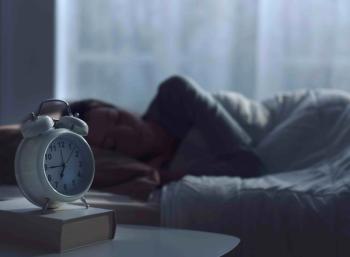
Older Patients With Epilepsy Experience Altered Sleep Characteristics and Events
A case-control study finds altered sleep events and characteristics exhibited in elderly patients with epilepsy compared to younger patients with epilepsy, as well as those without.
Elderly patients with epilepsy demonstrated altered
Epilepsy is a well-known disease of the nervous system that impacts an estimated 70 million people across the globe. The authors of the present study noted that affected patients commonly experience sleep disorders and, in fact, epilepsy and sleep disorders can interact with one another.
The authors cited multiple previous studies that associated lack of sleep with seizure incidence and increased sleep with lower seizure risk, among other sleep characteristics and events. However, because not all patients with epilepsy complain about their sleep quality, the importance of objective polysomnogram (PSG) testing has been argued for the proper identification of sleep disorders in this population.
A prior meta-analysis utilizing PSG found that patients with epilepsy exhibit increased slow-wave sleep (non-rapid eye movement [NREM] stage 3 [N3])—which is the sleep phase where epileptic seizures tend to take place. Despite this knowledge, the authors pointed out that PSG investigations into the sleep qualities of elderly patients with epilepsy are lacking. Additionally, they mentioned how interictal epileptiform discharges (IEDs) are often observed following epileptic seizures. Yet, there are not enough studies reporting on this phenomenon either.
With these knowledge gaps in mind, the researchers conducted a study to explore the questions around what exactly causes IEDs, the loss of slow-wave sleep in elderly patients with epilepsy, and other sleep-related events.
As the frequency of epilepsy in the Chinese population increased two-fold between 1990-2015, this study was conducted from March 2018 to September 2022 at the Department of Neurology and Sleep Medicine Centre of Fujian Provincial Governmental Hospital. Patients with epilepsy receiving care in the inpatient or outpatient department were recruited and compared with a control group consisting of patients who also had sleep disorders. A PSG and a 16-channel electroencephalography (VEEG) was used to monitor overnight sleep in both groups.
A total of 44 elderly patients with epilepsy participated in the study, with an average age of 77 years and disease duration of 0.5 years in the cohort. Eight of these patients were receiving antiepileptic drugs, but these did not include sedatives, stimulants, or hypnotics. The control group consisted of 52 individuals with a mean age of 72 years; none of them were using hypnotics, stimulants, or sedatives.
Results showed that patients with epilepsy exhibited significantly lower rapid eye movement (REM) percentages (13.001 vs 16.992, P = .007), REM sleep duration (45 minutes vs 65.5 minutes (P = .0001), N3 percentage (1.35 vs 3.65, P = .041), N3 duration (3.5 min vs 15 min, P =.039), sleep efficiency percentage (69.482 vs 77.242, P = .004), and total sleep time (343.5 minutes vs 389.1 minutes, P = .008).
Additionally, patients with epilepsy displayed significantly higher results in their oxygen desaturation index events per hour (25.6 vs 16.85, P = .49) and spontaneous arousal index events per hour (approximately 4 vs 3, P = .024). The results of a multifactor logistic regression analysis further revealed that patients with epilepsy who were aged from 75-85 years endured a significantly lower incidence of slow-wave sleep loss compared with those aged 65-75 years (OR, 0.113, 95% CI, 0.016-0.791, P = .028).
While these architectural differences in sleep characteristics and quality were found, the authors expressed the need for future research to recruit a larger sample size. A larger cohort would allow for a more thorough investigation into the associations between elderly patients with epilepsy, slow-wave sleep loss, and age groups, which exhibited significant differences in this study.
Reference
Wang S, Wu M, Wu S, Lin F, Ji X, Yan J. A polysomnographic study of slow-wave sleep loss in elderly patients with epilepsy. Heliyon. 2024;10(4):e25904. doi:10.1016/j.heliyon.2024.e25904
Newsletter
Stay ahead of policy, cost, and value—subscribe to AJMC for expert insights at the intersection of clinical care and health economics.








